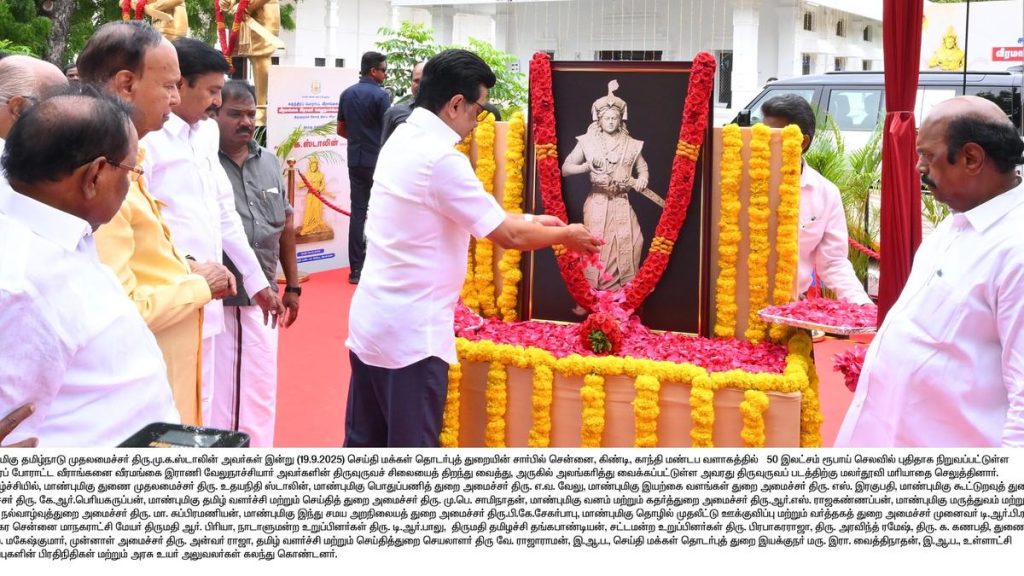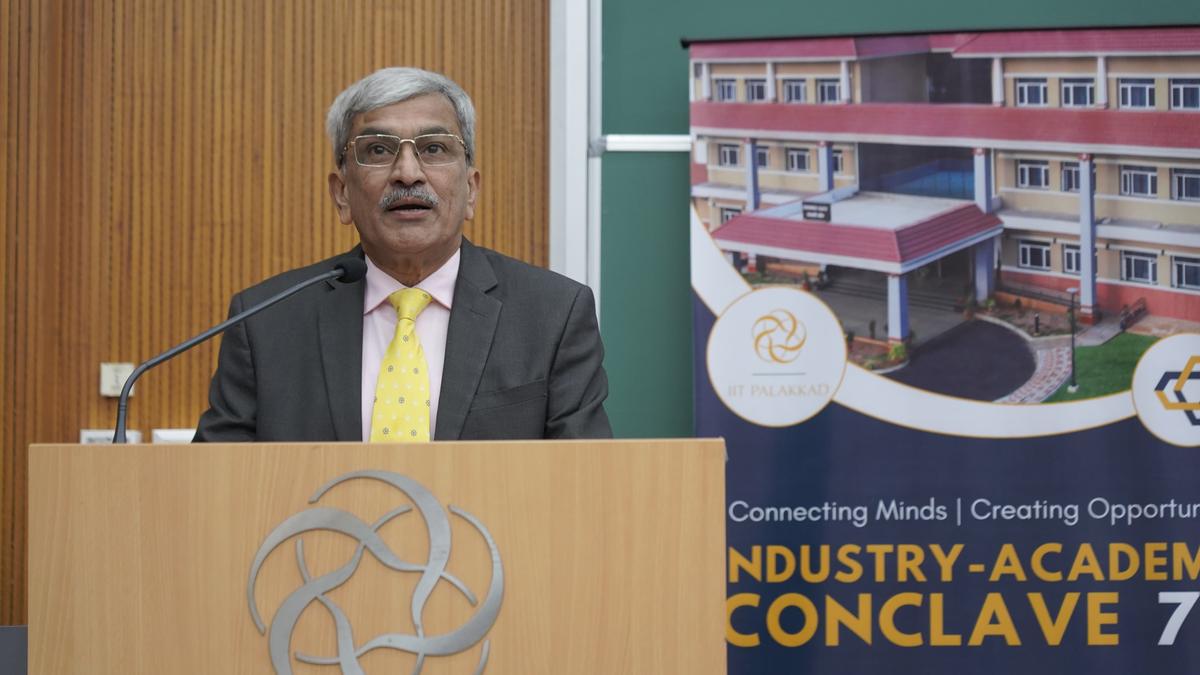Now Reading: Muslim Personal Law Board Questions SC’s Silence on Waqf Matters
-
01
Muslim Personal Law Board Questions SC’s Silence on Waqf Matters
Muslim Personal Law Board Questions SC’s Silence on Waqf Matters

Quick Summary
- The all India Muslim Personal Law Board (AIMPLB) has expressed dissatisfaction wiht the Supreme Court’s decision regarding changes to Waqf governance.
- Key objections include:
– Restriction of Collectors’ powers.
– Removal of waqf status from properties under the Archaeological Survey of India (ASI).
– Mandatory registration of waqf properties.- Abolishment of exemption under the law of Limitation.
– Inclusion of non-Muslims in Waqf boards.
- AIMPLB criticized what it perceives as government policies targeting Muslim endowments and vowed to persist until earlier provisions are restored via amendments or judicial decisions.
Indian Opinion Analysis
The contentious reactions from AIMPLB underline broader concerns over changes in property governance affecting religious and cultural communities in India, particularly waqfs-Islamic endowments historically significant for social welfare and preserving heritage. Tho, the move by institutional bodies like ASI could signal an effort for greater regulatory oversight in light of competing interests such as preservation versus community autonomy.
While inclusionary measures like adding non-Muslims to Waqf boards suggest an intent to broaden stakeholder participation, they also reflect a departure from customary practices that may unsettle established norms within affected communities. Legal requirements such as registration might aim at transparency but could impose additional bureaucratic hurdles for stakeholders managing thes assets.
The final verdict will likely have implications not only for property matters but also communal relations tied closely to historical and cultural identities-a balancing act between modernizing governance structures and safeguarding pluralistic traditions rooted deeply within Indian society.

























